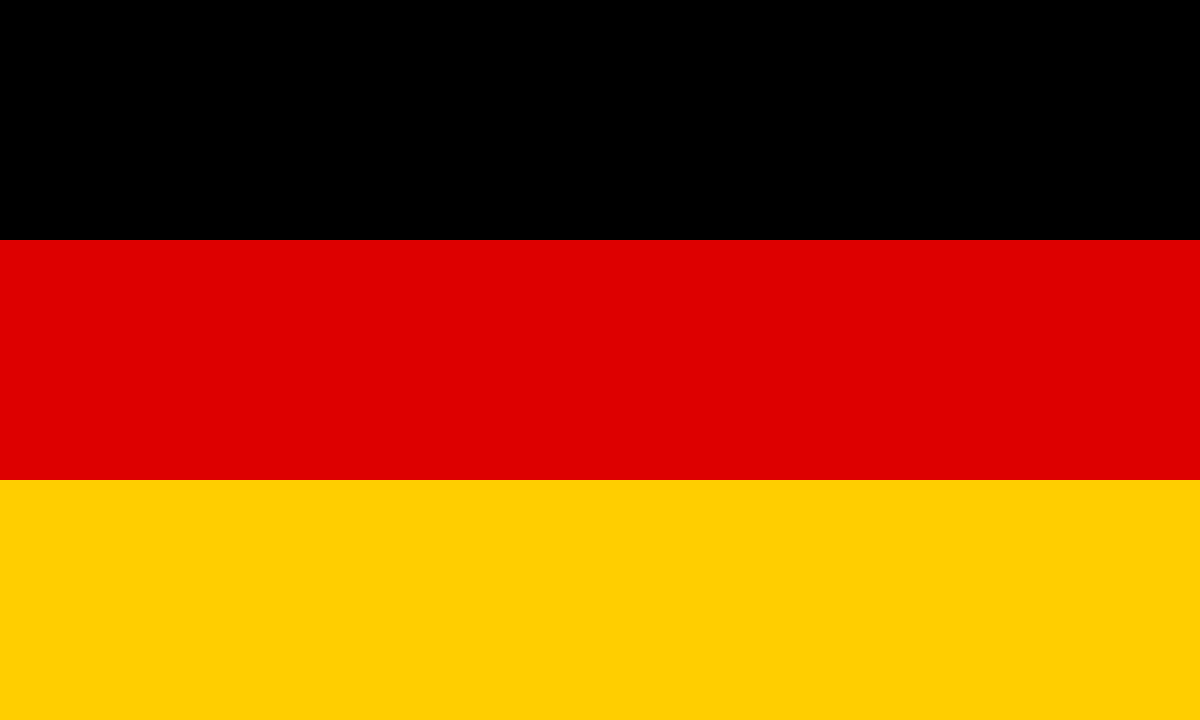Written by Johann Sanseau, Analyst Email: [email protected]
IQWiG recommends downgrading Gilead’s Yescarta to ‘no added benefit’ – a sign of things to come for orphan drugs in Germany?
Due to passing the annual sales threshold in Germany, the CAR-T cell therapy Yescarta has undergone a full HTA by Germany’s lower HTA authority, IQWiG1. The HTA body issued a recommendation for three indications, with two receiving the same rating as before and the third being downgraded to “no proven added benefit”2-4. This decision is evidence of the issues orphan drugs may face in Germany if forced to go through a full HTA assessment.
The triggering event for the reassessment of Yescarta was its achievement of €30 million in sales in the German market. This sales milestone acted as the catalyst for a full, comprehensive re-evaluation of Yescarta, where previously it had enjoyed the privilege of a lighter HTA and an “unquantifiable added benefit” rating due to its orphan drug status. With a full HTA assessment, the manufacturer is obliged to provide comparative data as evidence of the drug’s added benefit. Within this context, Yescarta was assessed across three indications, with two receiving the same rating as before (unquantifiable additional benefit) and the third being downgraded to “no proven added benefit”2-4. IQWiG found the data submitted by the manufacturer to be unsatisfactory, highlighting issues on the comparative data submitted by the manufacturer.
Following IQWiG’s recommendation, the German Federal Joint Committee (G-BA) will adjudicate on the extent of Yescarta’s additional benefit towards the end of December1. This event will serve as the basis for pricing negotiations. The downgraded rating in one indication is likely to negatively impact the negotiations for the manufacturer, and thereby potentially impacting patient access to the therapy.
A pivotal facet of this decision is the recalibration of the annual sales threshold in Germany, shifting it from €50 million to €30 million—a key alteration that precipitated Yescarta’s reassessment. This amendment merits attention due to its potential to subject a greater number of orphan drugs to the scrutiny of a comprehensive HTA reassessment in the foreseeable future. The challenge of orphan drugs is uniquely intricate, given their tendency to have limited data packages during the approval and reimbursement processes. This inherent vulnerability exposes them to the risk of receiving unfavorable ratings when subjected to full HTA assessments in Germany if they reach the threshold of €30 million in annual sales.
For our clients operating within the pharmaceutical sector, the current landscape underscores the imperative of strategic foresight, meticulous preparation, and proactive engagement, particularly when dealing with orphan drugs in the German market. Foreseeing the prospect of their orphan drug undergoing a full HTA reassessment in Germany is paramount. This prescience should galvanize clients into action, motivating them to establish a comprehensive strategy that includes the creation of robust comparative data capable of showcasing their drug’s efficacy and added value to patients.
P4A will continue to monitor changes and updates to the German HTA environment. Contact us to learn more about our ability to support you in navigating changes in pricing and access.
References:
- https://www.apmhealtheurope.com/story/20300/85955/iqwig-recommends-downgrading-gilead-s-yescarta-to–no-added-benefit-
- https://www.iqwig.de/download/a23-65_axicabtagen-ciloleucel_kurzfassung_nutzenbewertung-35a-sgb-v_v1-0.pdf
- https://www.iqwig.de/download/a23-66_axicabtagen-ciloleucel_kurzfassung_nutzenbewertung-35a-sgb-v_v1-0.pdf
- https://www.iqwig.de/download/a23-63_axicabtagen-ciloleucel_kurzfassung_nutzenbewertung-35a-sgb-v_v1-0.pdf






